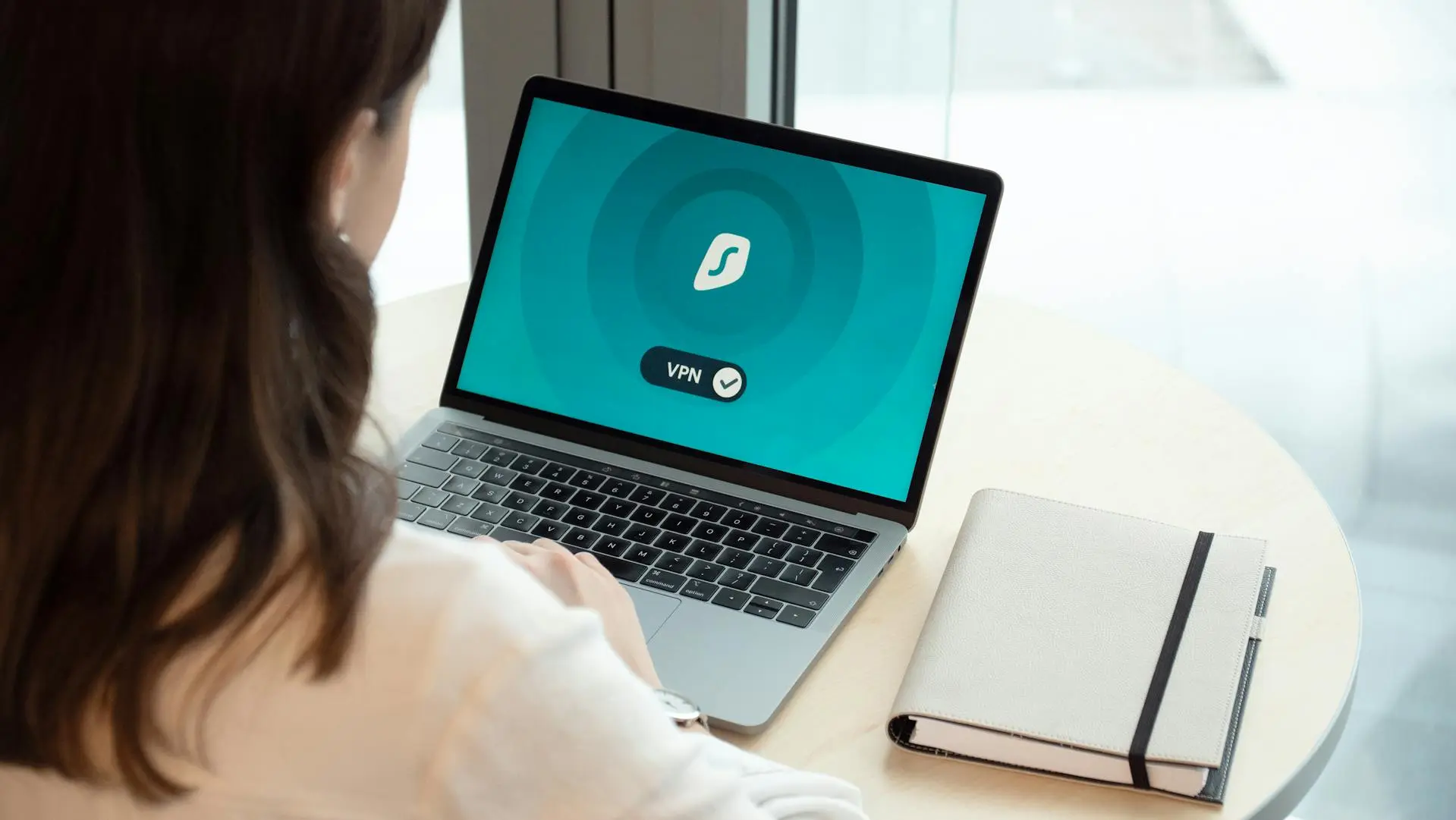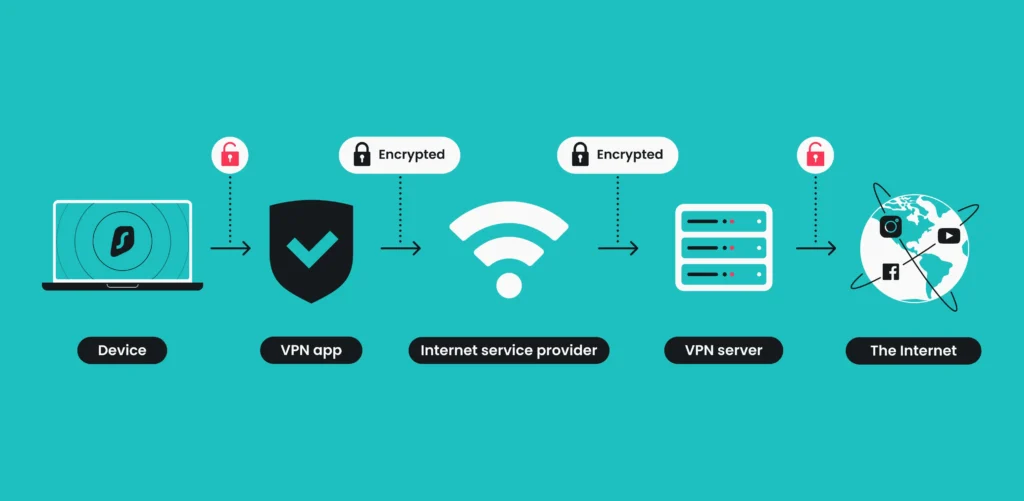These days, with so much of our lives online, privacy is a hot topic. One of the most popular ways that regular people try to stay private is with a VPN (Virtual Private Network).
You’ve likely seen ads that make it sound like flipping on a VPN instantly makes you anonymous online.
But let’s get real: although they are great privacy tools, VPNs aren’t total invisibility cloaks. Let’s clear up some of the most common myths regarding what VPNs can – and can’t – do to protect your IP address and your privacy.
Common VPN Privacy Myths
VPNs are powerful, but folks are mixed up about what they protect. Let’s bust some of the biggest myths so you know what to really expect:
“VPNs Block All Tracking”
A VPN can stop your ISP from seeing the websites you visit, but it can’t completely block all types of web tracking. Websites and apps have many ways of tracking you, like cookies, browser fingerprinting, and if you’re logged into your accounts, they can trace the path back to you.
For example, if you’re signed in to Google as you browse, Google knows that it’s you, no matter what IP address you’re using. A VPN will keep your location anonymous, but not your identity if you’re logged in or using other identifying information.
“VPNs Make You Completely Anonymous”
It’s true that a VPN hides your IP address by sending your internet traffic via a different server so that it looks like you’re browsing from a different location. That’s great for keeping your location hidden from sites and advertisers. But complete anonymity is a different story.
Your VPN service still knows your real IP and could, in theory, log what you’re up to online. That’s why you need to pick a VPN that has a no-logs policy and is reputable. To figure it out if a VPN like Surfshark is trustworthy, check if it has been audited for security by third parties, what it logs, and where it’s legally located. Transparency reports, and reviews, can also provide a better picture.
“VPNs Protect You from Malware and Phishing”
While a VPN encrypts your internet connection and some feature ad or tracker blocking, they aren’t going to protect you from viruses, phishing, or malware. You can still get in trouble if you click on a questionable link or download a dubious file.
To stay safe, think of a VPN as one tool among many in your security toolbox – along with antivirus software, safe browsing habits, and maybe a good password manager.
“VPNs Make Illegal Activity Safe”
Using a VPN might make it harder for someone to see what you’re doing online, but it doesn’t make illegal activity invisible or legal. If law enforcement wants to investigate, they can often request data from VPN providers (if that data exists).
That’s why it’s worth choosing a VPN that doesn’t store logs, and which preferably has been audited by third parties. And where the VPN business is registered does make a difference. A provider, in a country that shares intelligence, may be compelled to respond to requests for data.
What a VPN Can Hide?
VPNs are still extremely effective at concealing some aspects of your online behavior. Here’s what they can shield:
- Your IP Address: Websites and apps see the VPN server’s IP instead of your real IP address, which is a means to keep your location and identity hidden.
- Your Browsing from Your ISP: Your internet service provider can’t see the actual websites you browse or the data you send when you’re on a VPN.
- Your Activity on Public Wi-Fi: VPNs encrypt your connection so that it’s safer when you’re on unsecured networks.
What a VPN Can’t Hide?
VPNs aren’t invincible. Here are some things they can’t fully hide:
- Your Identity When Logged Into Accounts: When you’re logged into Facebook, Gmail, or other sites, those sites know who you are no matter what IP you’re using.
- Device Fingerprints: Sites can collect a lot of information about your device to identify and track you.
- Tracking Cookies: Provided you don’t use a privacy minded browser and clear or block cookies, advertisers can still keep tracking you around the web.
- Data Logged by Your VPN Provider: If your VPN logs data, it could be available or shared under certain circumstances.
Final Thoughts
VPNs are an important means of protecting your online privacy, but they’re not a magic solution or an invisibility cloak. Your best shot is to pair a VPN with smart habits – like prudent browsing, strong passwords, and good security software.
Choosing the right VPN means looking into their reputation, transparency, privacy policies, and where they’re legally located. Not all VPNs are created equal, so it’s worth taking the time to do your research.


